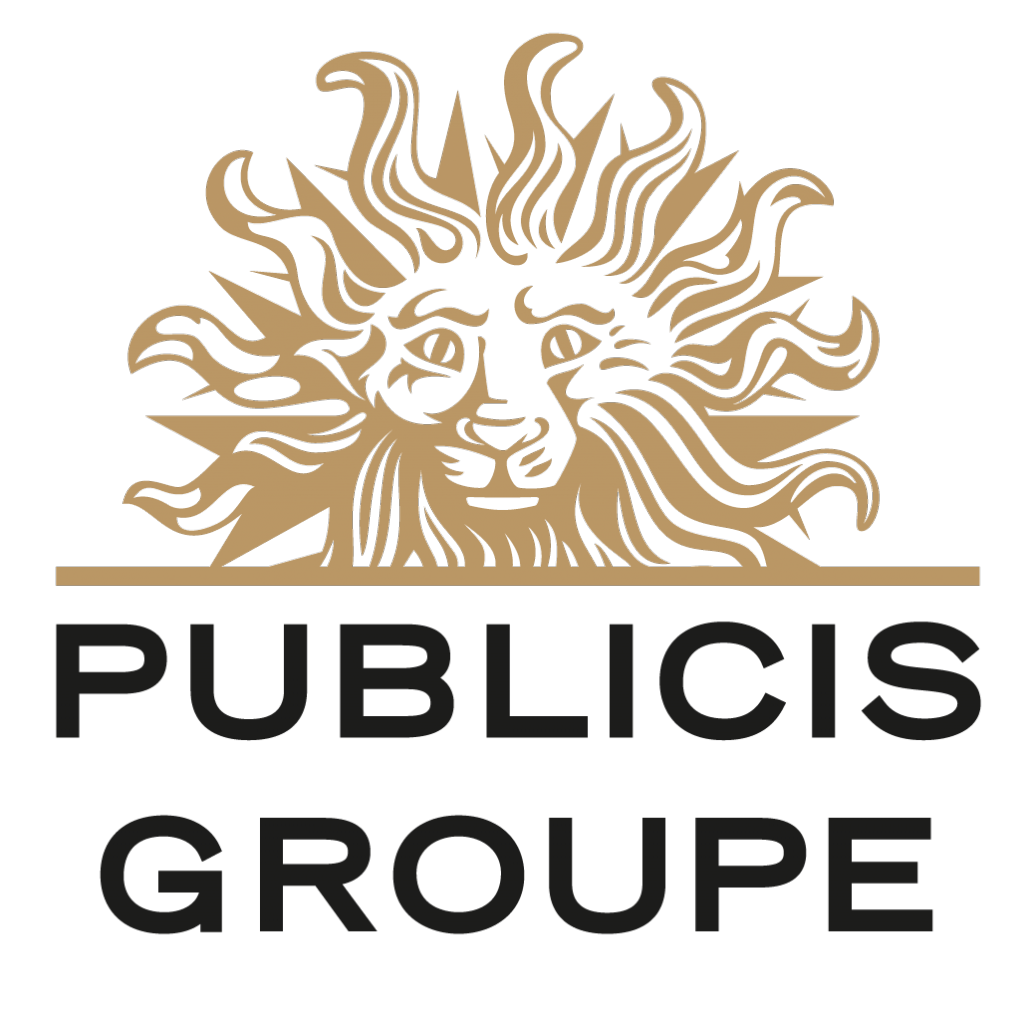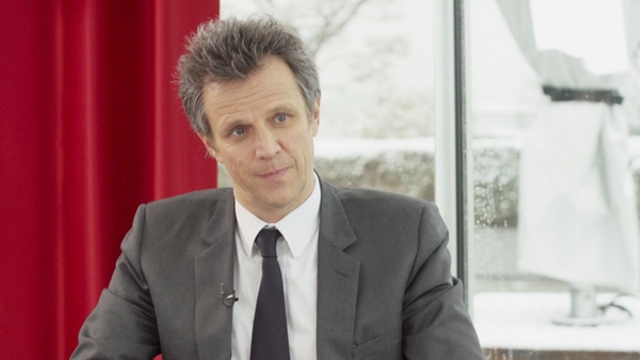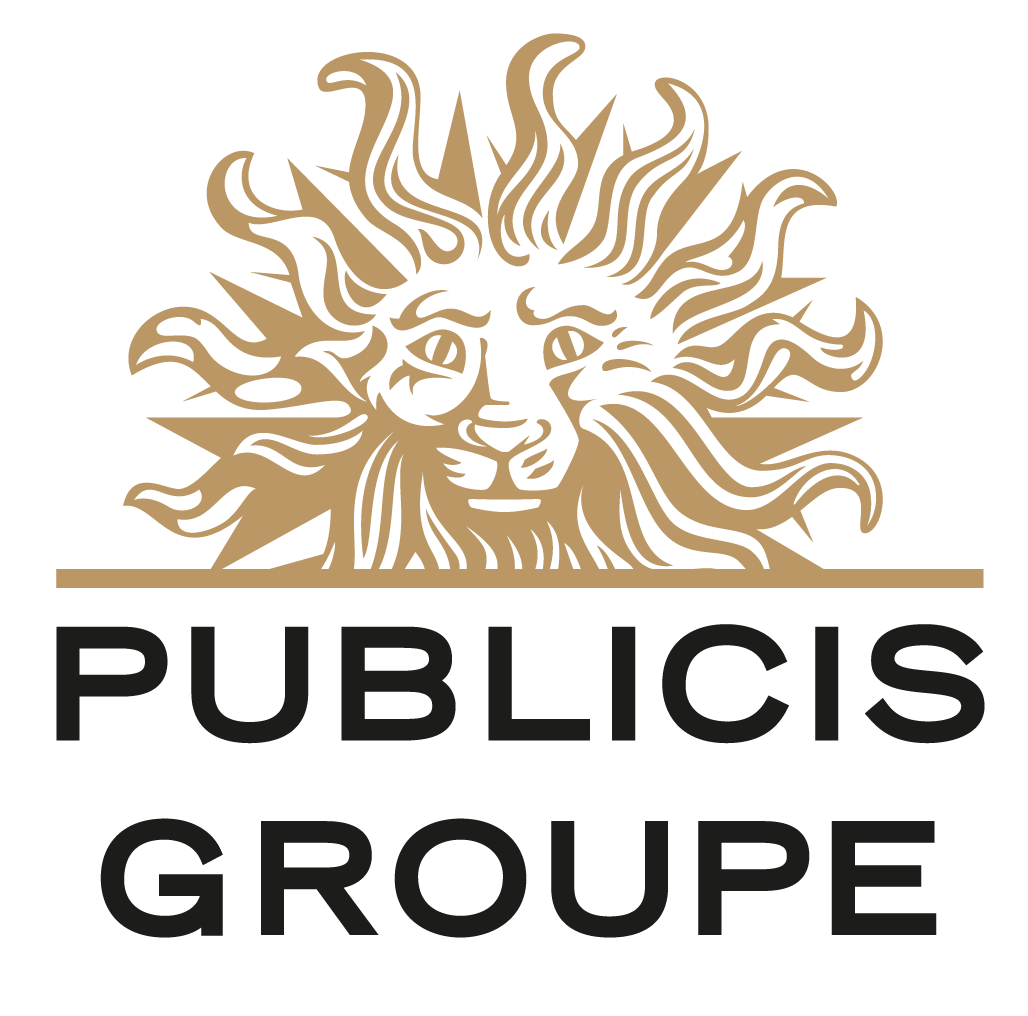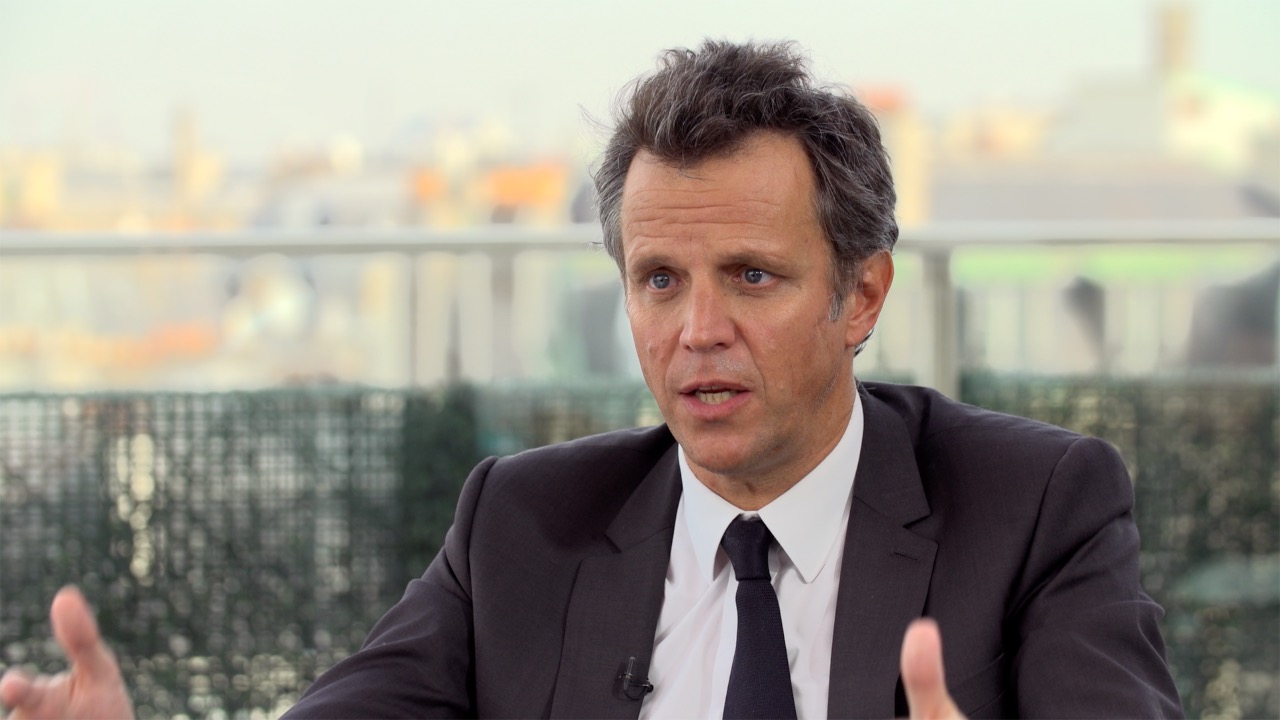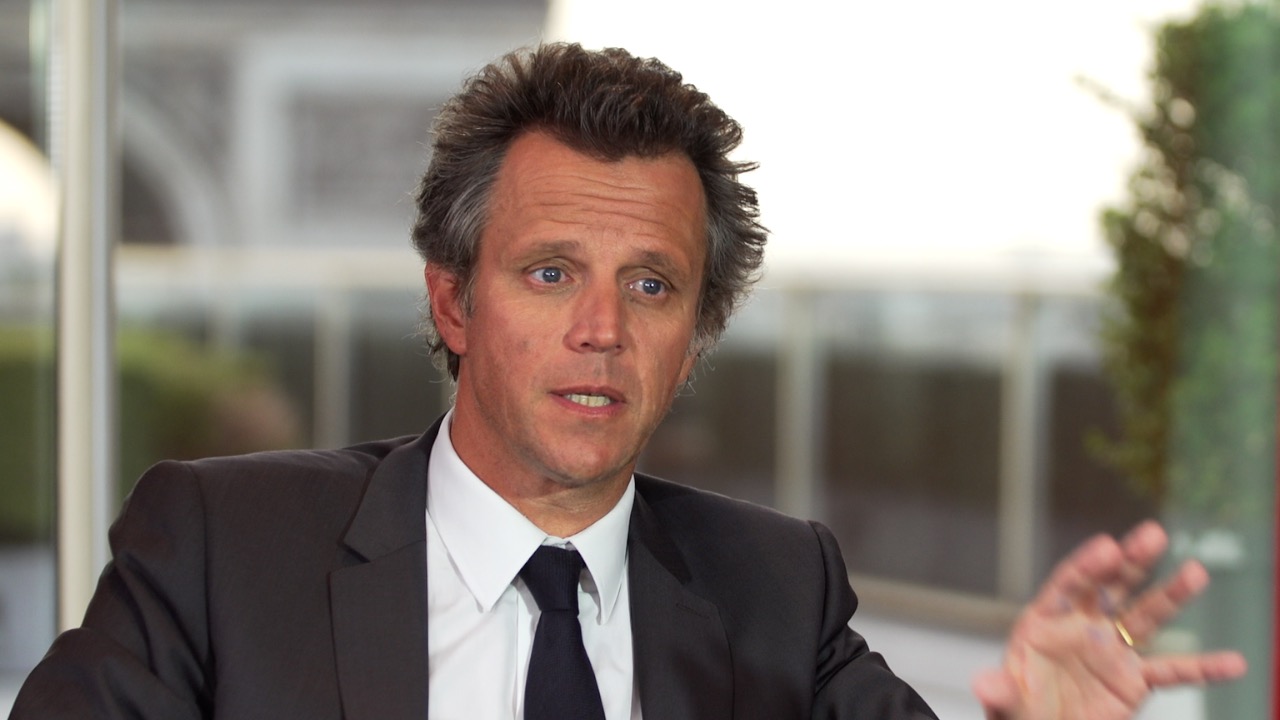EuroBusiness Media (EBM): Publicis Groupe, the world’s third largest communications group, reports results for the first half. Maurice Lévy welcome. You are the CEO of Publicis Groupe, what are your comments on your first half results?
Maurice Lévy: H1 and Q2 have been seriously affected by the exchange rate ratios. We have an impact of €148 million on revenue for the first half; €81 million for the second quarter alone. So this is something which has affected our increase, which is showing 0.2% instead of 4.8% at constant exchange rates. Regarding organic growth, we had seen since roughly last fall that the phasing would be unfavorable this year and we were expecting a second quarter which was slowing down. The reality has been not only confirmed, but a little bit stronger than expected. And we have a growth in the second quarter which is relatively modest at 0.5%, leading for H1 to an organic growth of 1.8%.
EBM: Could you elaborate on some of the reasons for the slowdown in the second quarter?
Maurice Lévy: The reasons for this modest growth are threefold. First, Europe has been negative. We had a first quarter which was positive for Europe since a long time and we were quite pleased and we were considering that maybe Europe was getting out of its difficulties. The reality is that Q2 has been negative by 2.4%, leading for H1 to a negative organic growth of 0.3%. The second is emerging markets. The growth in emerging markets has not been at the level we were expecting. There is a recovery, definitely yes in China and we are seeing a positive growth in China. So the fact that we had a difficult time in Q4 and a little bit in Q1 is now past. And we expect to strengthen that growth in China for the quarters to come. So we feel good about China. India is still with a persistent weakness and we see some uncertainties with Russia and with Brazil where we will have the elections soon. So all this has created problems for Q2 and the last aspect is the fact that some clients have postponed or cancelled in an unexpected way some of their investment and this has led to a sharp decrease in some of our operations.
EBM: Was there any good news in this second quarter?
Maurice Lévy: All in all, we have a Q2 which is not very good, but we have alongside this bad news some extremely good news. The first one is that Digital today represents 40% of our operation and the growth during the first half has been 8.8%. All the decline is coming from the Analog business. The second good news is the fact that we have seen a very strong growth in the Healthcare operations and everyone remembers that Healthcare was an operation which was undergoing some restructuring due to the industry. The results have been extremely positive and we have some very strong results with double digit growth. Our media operations are also boasting some very good growth. So when you look at this you can see that our strategy is right, that our operations are extremely solid and the hiccup of the second quarter is just a hiccup.
EBM: How much of the slowdown of your business in the second quarter can be attributed to the planned merger with Omnicom, which may have distracted you from focusing on the business? Is this damage short-term or could it be more durable?
Maurice Lévy: When you look at the picture we have been definitely focused, maybe too much, on the merger with Omnicom and this has certainly distracted a little bit top management from the day to day business. Since then and since the merger abortion has been announced, we are refocused 100% on delivering growth and delivering margin. So we feel extremely good about the future.
EBM: You were targeting 4% organic growth for the full year. The figures for the first half suggest that you will need a very strong second half to meet your full year guidance. How confident are you that your 2014 target is still within reach?
Maurice Lévy: The Q3 numbers forecast that we have in hand show a very good growth and we are confident for Q3. We are also relatively confident for Q4. The key question is: should that growth be strong enough to offset the lack of growth in Q2? And this is a very serious question. We a facing a few challenges. The first one is Europe which is not yet totally recovered. The second is the fact that growth in China is there, but it’s still slow. India is still negative and uncertainty stays in Russia and Brazil. So therefore, emerging markets will not deliver the kind of growth that we expect. The other aspect has been some activities, and particularly Analog which is still slowing down, seriously slowing down, and we have also some clients for which we are expecting to still see growth materializing. These are the challenges that we are facing. In front of this, there are some opportunities which are about the strength of our operation and the fact that our digital operations are doing extremely well. What I can say today is that we are determined to have a good growth in the second half, but to reach the total level that we were expecting will be a very difficult challenge. Obviously we are working very hard to get there, but I must stress that it will be challenging.
EBM: Now that the Omnicom merger is not going through, what are your plans for the use of excess cash on your balance sheet? What can you tell us about your dividend or share buyback policy going forward? Will you be applying an improved payout ratio of 35% already this year?
Maurice Lévy: We have a balance sheet which is extremely robust. So we understand very well the fact that we don’t need all that cash. And depending on the plan for acquisition, we will have to make decisions on either an increase in dividends or a share buyback program or a combination of both, and this will be part of the plan that we will be presenting to the market after our September Board meeting. It will be during the first half of next October. Should we move from the 35% that we have already announced? It is too soon for me to say it and I cannot decide instead of the Board. Shall we improve compensation for the shareholders? Clearly yes! How fast? Through which means? It is a decision that has to be made by the Board.
EBM: What can you tell us about your acquisition strategy going forward, now that you're not doing a mega merger? Are you targeting more bolt-on acquisitions? Are pure technology acquisitions still needed?
Maurice Lévy: During the presentation that we had in 2013 we announced a plan to reach 50% of our revenue coming from Digital. This will come mainly from growth and acquisitions. The growth is there, because we had recently and we just announced 8.8% for the first half of 2014. We expect that growth to be maintained, sustained and maybe to be increased. By the same token, if we want to reach this level of 50% sooner than 2018, we will have to accelerate some acquisitions and the faster we move the better it is. It is clear that Digital is key for the future and there are some areas in which we need to invest more and we are prepared to do that: programmatic, e-commerce, some other operations in some emerging markets…. so we are keen to invest in Digital. Digital will not represent 1% of our investment, it will represent maybe 60% to 70% and we will have some localized acquisitions to strengthen some operations either in emerging markets or in Digital in some specific markets.
EBM: There's been some debate lately about whether the trend towards programmatic buying, managed in-house by clients, means that the ad buying agencies are going to get squeezed out of the loop. What can you tell us about the implications of targeting and programmatic buying for ad buying agencies over the next five years? Should we be concerned that you will be disintermediated?
Maurice Lévy: Disintermediation is a word that we have started to hear since the last years of the last century. I remember in 1997, 1998, everyone was speaking already about disintermediation. And again, in the middle of the 2000s we have heard many times that we would be disintermediated by Google, then by Facebook and I don’t know who else. I don’t underestimate the risk of disintermediation with programmatic. The good answer is not to be scared by disintermediation, the good answer is to think about the client and to think about the needs of the client and to offer the best needs at the best price. If we are not good enough, we will be disintermediated and we will deserve it. If we are good enough we will not be disintermediated and we will deserve to have even a raise in our fees. My conviction, based on the work that we have done with AOD, Audience on Demand, and all the development that we have done around this program, is that we will not be disintermediated and we will grow in that segment. So programmatic will be good for us.
Maurice Lévy, CEO of Publicis Groupe, thank you very much.
Maurice Lévy: Merci et à bientôt.

